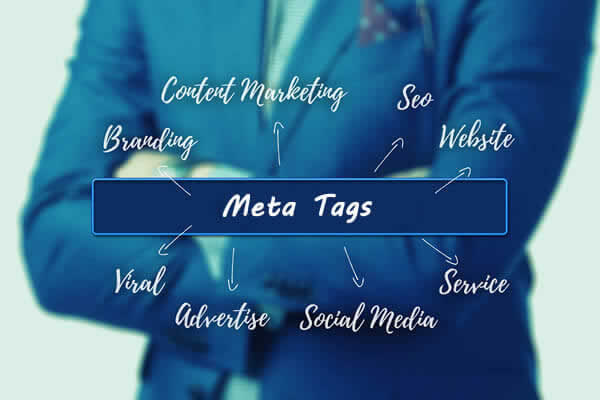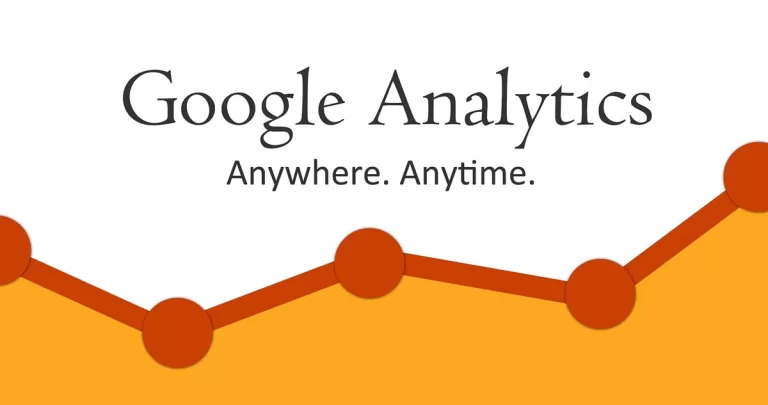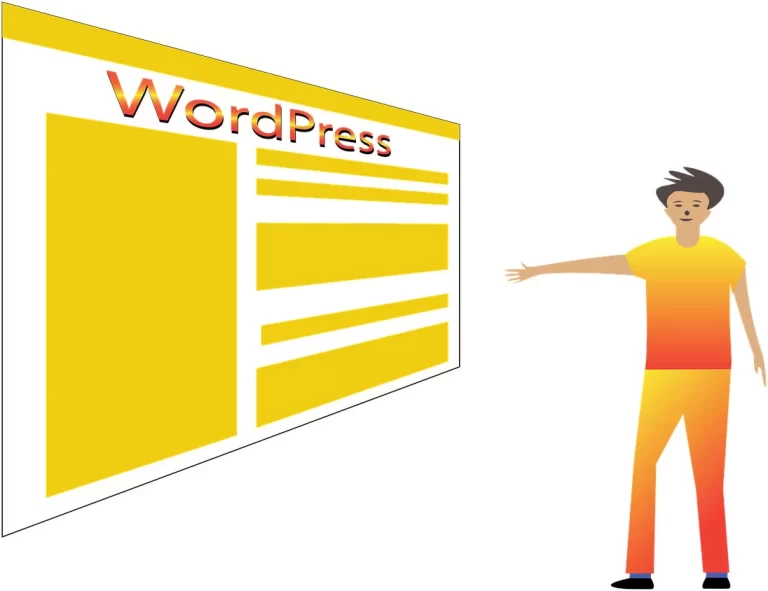Cookies – How to Survive Google’s Cookie Apocalypse (2024)
If you’re growing a business using online advertising, and using cookies, there is a massive challenge and opportunity on the horizon.
Google Chrome is about to change forever with over 2.65 billion users and a 64.4% share of the browser market, Google Chrome is about to transform how we engage with audiences on the web, especially in terms of tracking and personalization.
So you’re probably familiar with cookies, these are tiny text files that websites use to track your online behaviour, they’ve been a cornerstone of digital marketing for a long time, and cookies are the reason that personalized ads and tailored advertising content exist.
However, concerns over online privacy are at a global Tipping Point, the 2016 Cambridge Analytica Scandal catalysed sweeping regulations like GDPR and CPR to safeguard user data, and this has gone widespread over the European Union and California.

third-party cookies
And now, Google is planning to restrict website access to third-party cookies by default starting with 1% of Chrome users as a test phase, but by the second half of 2024, third-party cookies will be eliminated for All Chrome users by the second half of this year.
There is a very good chance that third-party cookies will no longer exist on Chrome, so what does this mean? Without third-party cookies, tracking user activities across sites is going to become more and more limited.
Advertisers will lose valuable audience data, which will ultimately make campaign optimization more difficult for those who don’t get ahead of this now, what do you need to do to survive this massive change?
Well the path forward with cookies lies in leveraging what’s called first-party Data, the information that users willingly and explicitly share with us, email lists, CRM records, opt-in form entries and survey responses that will help advertisers personalize ads and marketing campaigns in the new cookist era.
We’ve prepared a list of strategies that will not only prepare you for this new era of online advertising but will turn this shift into a competitive advantage.
I’m going to share seven tips and strategies that you can use to implement and become better as you get ahead of this seismic shift that is about to happen in the world of online advertising.

CRM – Customer Relationship Management
Number one, you absolutely must use a CRM in the cookist era, your customer relationship management software will probably be the place where first-party data is ultimately stored, so if you haven’t done it yet, invest in a good CRM platform like HubSpot.
These platforms allow you to gather audience information from multiple sources and turn them into a single profile, you’ll also be able to use segmentation tools to precisely group your audiences based on demographics, interests, behaviours and more.
With these targeted segments, you can execute highly personalized marketing campaigns that are tailored to resonate with each group’s unique needs.
A strong CRM empowers you to maximize your first-party data and maintain a competitive edge without relying on third-party cookies.

UTM tracking
Now the second big thing that you need to do is to gather hidden data with the changes happening to Chrome, every data point is going to count to get this hidden data you’re going to need to set up what’s called UTM tracking across your ads.
With UTM tracking you’ll be able to gather invaluable insights about traffic sources campaign performance and overall user behaviour, you can then go a step further by integrating your forms with your CRM, automatically passing these UTM codes and referral data into customer profiles.
Using this hidden data, you’ll be able to focus your targeting, and your true marketing attribution, and double down on your highest-performing channels, all without relying on third-party cookies.
Now the third step takes this even deeper and that’s using ad attribution software, you see, standard web analytics will leave you with incomplete data and blind spots without cookies, however, ad attribution software can help leverage Advanced Data modelling techniques and machine learning capabilities to provide unparalleled visibility into your marketing performance.
With this ad attribution, you can precisely measure the impact of each campaign channel and touchpoint on your desired conversions without using a third-party cookie.
The information can help map out user journeys cross-device behaviour and nonlinear paths to conversion, not everybody goes from signing up to converting in a straight line, it often looks something like this, and that’s what your attribution platform will show you.

Transparency
The fourth big tip is to foster transparency, you’ll want to be transparent on how you use customer data, clearly outlining how you’ll collect, use, and protect customer information in your privacy policy on your website and funnel.
For businesses operating in the UK or EU, or serving those markets offering granular data preferences, isn’t just good practice, but it’s a legal obligation under GDPR.
This is an opportunity to reinforce your credibility as an ethical leader who respects privacy and individual choice.
value without A cookie
The fifth step is to focus on value without cookies, your organic marketing efforts are probably going to become more important and to help organic marketing succeed, you’ll want to create the best content strategy.
More and more audiences are craving more than just information, they want guidance that can transform their lives and businesses, and your content strategy will need to go beyond being informative when you consistently deliver high-impact transformational value.
Audiences will feel much happier and be more likely to opt into your funnels and ultimately become clients when they’re ready.
They’ll recognize you as the catalyst, accelerating their growth even before they even pay you a penny, so make sure that your content is delivering immense value and isn’t just a service-level attempt at getting prospects to opt in.

Contextual Advertising
Now, the sixth thing is to explore contextual advertising. Contextual advertising is going to allow you to engage audiences based on real-time interests and mindsets.
Place your messaging within relevant content so that you’re primed to reach the right people at the right time, for example, you’d want to promote your career coaching services alongside videos, where people are talking about Job transitions.
Maybe they’ve searched for that recently inside of Google and you can target that with what are called custom segments, so when somebody is actively consuming that content, your promotions will align with their current interest and needs. Also, you’ll be able to target them using that first-party data.
Now, the seventh piece is to leverage partnerships, going out alone to seek out complementary businesses influencers or other people that align with your offerings and share your values.

Cross Promoting
Using joint ventures or JV Partnerships to cross-promote to each other’s audiences, you can provide value for your potential customers by connecting them with other people, and then other people can refer out to you as well.
That’s leveraging, not just your first-party data, but leveraging other people’s first-party data as well and accessing their customer list.

embedded partnerships
Another powerful approach is what’s called embedded partnerships, this is seamlessly integrating into other people’s programs and allowing you to provide value that your ideal clients will potentially see inside other people’s programs that’s going to allow them to discover you.
Just another way that you can leverage partnerships to allow you to embed your services, coaching, consulting, or courses into other membership communities, or different people’s courses to allow them to come in and discover you for the first time
With cookies going away, the marketing landscape is undergoing a huge shift, so make sure that you adapt, and adapt well to this new shift in the world of digital marketing.
It is not a matter of whether this is going to happen, it is a matter of when, and Google is telling us it’s very likely to happen in the second half of 2024.
So if you’re a coach consultant or course creator, and you’re feeling overwhelmed by these immense challenges, you do not have to go It alone.

Video Discovery Call With Aleric Heck
Book what’s called a video discovery call with us today that’s going to allow you to start future-proofing your business.
On this call, we’ll provide a personalized game plan outlining the specific steps that you’ll need to take to adapt your marketing strategies, and build resilience and continue driving sustainable growth.
Oh, and if you’re searching for chocolate-chip cookies, or chocolate chip cookies recipes, you’re probably in the wrong place!
Update From Web Centre Plus
In 2024, Google’s cookie policy reflects a dynamic landscape of digital privacy concerns and evolving user expectations.
Focused on transparency and user control, Google has continued its commitment to enhancing privacy measures while maintaining a balance with personalized services.
Google’s cookie policy now prominently features options for users to manage and control their cookie preferences directly from their Google accounts.
This includes granular controls over the types allowed, such as essential, functional, and advertising cookies.
Users can opt for more restrictive settings or choose to allow certain cookies based on their preferences.
Moreover, Google has intensified its efforts in educating users about the implications of cookies on their online experiences and privacy.
Through clear and concise explanations, users are empowered to make informed decisions about their cookie settings.
Additionally, Google emphasizes the importance of data protection and outlines its stringent measures for safeguarding user information.
In line with global privacy regulations, Google’s cookie policy underscores its commitment to compliance and accountability.
Regular audits and updates ensure that the policy remains aligned with the latest standards and best practices in data privacy.
Overall, Google’s cookie policy in 2024 reflects a proactive approach towards privacy, offering users greater control and transparency in their online interactions while maintaining the functionality and personalized experiences that define Google’s services.
Read More: Recover from Google’s March Update 2024







